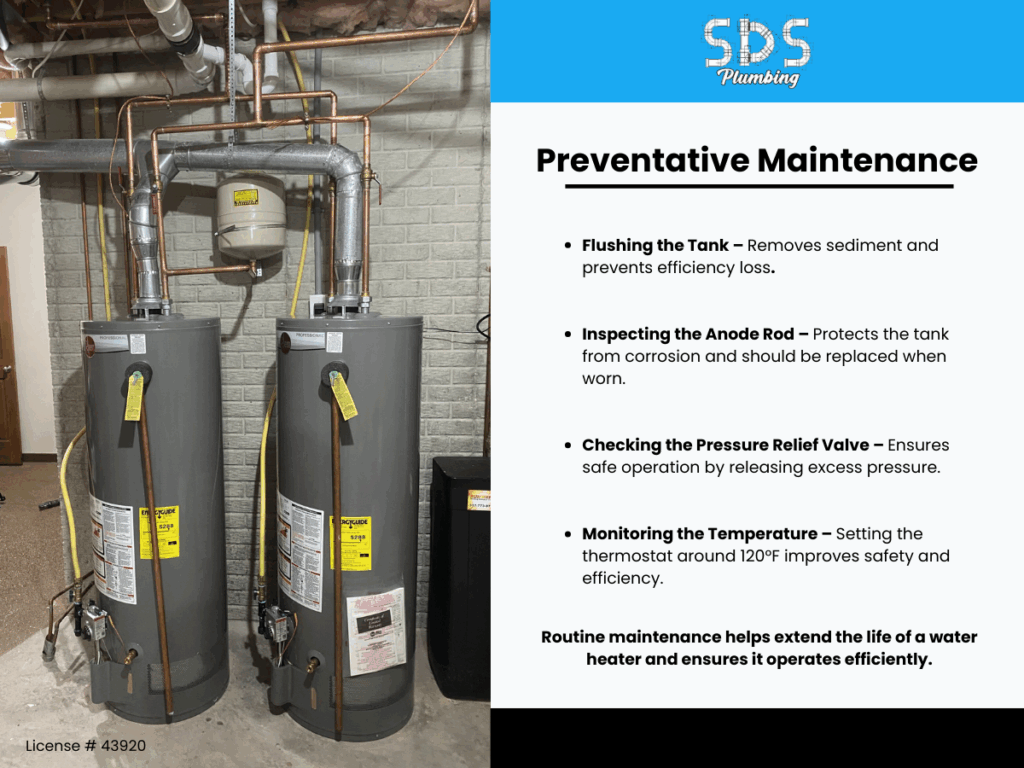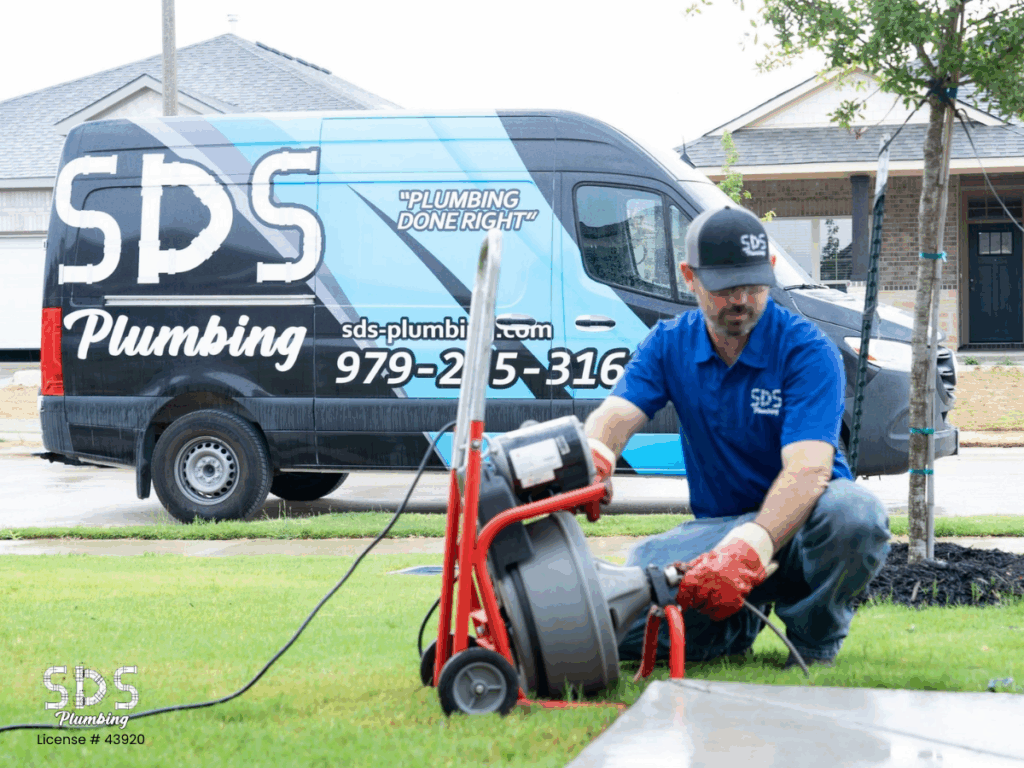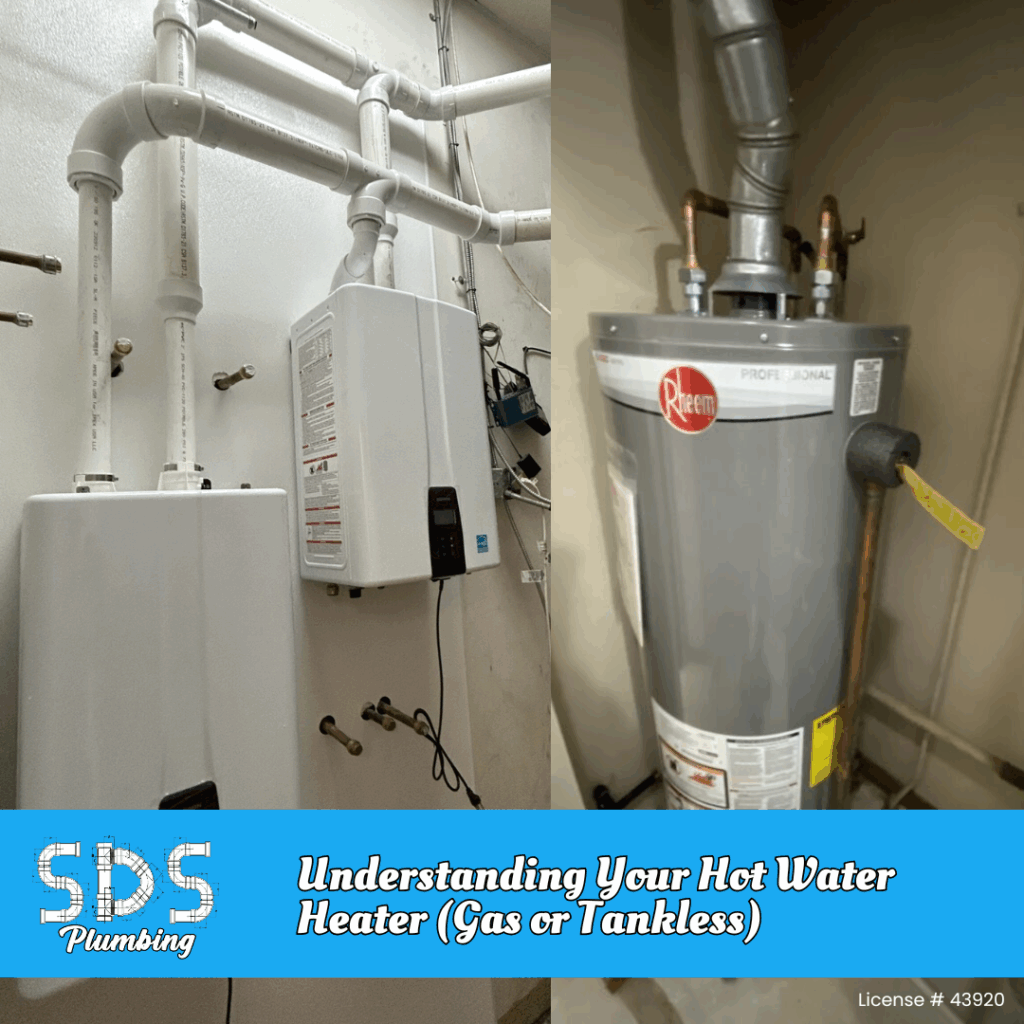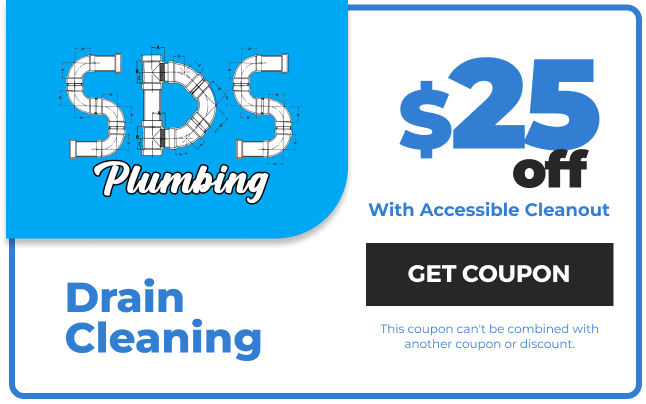A water heater is one of the most important appliances in a home. Whether you live in a new home or an older property, hot water heaters are essential for daily comfort. When they work properly, it’s easy to take them for granted. But when they fail, they can disrupt routines and cause unexpected expenses. By understanding how water heating works, recognizing common problems, and knowing when it’s time for a new water heater, homeowners across the United States can avoid unnecessary stress.
Most households use one of two main types of water heaters:
- Conventional storage water heaters – These store heated water in a storage tank, keeping it ready for use. As hot water is drawn out, the tank refills and reheats.
- Tankless water heaters – These heat water on demand as it flows through the unit, eliminating the need for a large storage tank.
Both gas and electric models are available. An electric water heater uses heating elements and thermostats, while gas models rely on burners and pilot lights. Newer options, such as electric heat pump water heaters and even geothermal heat pumps, use advanced methods of generating heat and can transfer excess heat from the surrounding air or ground into the water.
For more details on professional service options, visit our Water Heater Repair & Replacement page.
Common Water Heater Problems
Over time, hot water heaters can develop issues that affect performance and efficiency. Common problems include:
- No Hot Water – Often caused by a failed heating element, faulty thermostat, or in gas models, an extinguished pilot light or defective gas valve.
- Insufficient Hot Water – Sediment buildup, a worn-out thermostat, or an undersized type of water heater can reduce output.
- Leaks – Corrosion, loose fittings, or a damaged storage tank can cause leaks. Even small leaks should be repaired quickly to prevent water damage.
- Unusual Noises – Popping or rumbling sounds often point to sediment buildup. Flushing the tank usually helps.
- Discolored or Foul-Smelling Water – Rust-colored water suggests corrosion, while a rotten egg smell may signal bacterial growth or anode rod issues.
If these problems arise, prompt plumbing repairs are the best way to prevent larger issues.

Preventative Maintenance
Routine maintenance extends the life of a water heater and ensures efficient operation. Homeowners should:
- Flush the Tank – Removes sediment that can reduce efficiency.
- Inspect the Anode Rod – Protects the tank from corrosion and should be replaced when worn.
- Check the Pressure Relief Valve – Ensures safe operation by releasing excess pressure.
- Monitor the Temperature – Keeping the thermostat at about 120°F improves safety and efficiency.
Whether you have conventional storage water heaters, tankless water heaters, or a newer heat pump water heater, regular maintenance keeps your system in top shape.
Lifespan and When to Replace
The average conventional storage water heater lasts 8–12 years, depending on fuel type, water quality, and maintenance. Tankless water heaters can last 15–20 years, and heat pump water heaters may also last longer when properly maintained.
Replacement should be considered if:
- The unit is near or past its lifespan.
- Repairs are frequent or costly.
- The tank shows visible rust or corrosion.
- Hot water runs out quickly despite recent service.
- Leaks form at the base of the tank.
Addressing these signs early helps avoid costly emergency calls and potential water damage.
Choosing a New Water Heater
When installing a new water heater, several factors matter:
- Capacity – Storage tank size or tankless flow rate should meet household needs.
- Fuel Type – Options include natural gas, propane, electricity, or hybrid systems like electric heat pump water heaters.
- Energy Efficiency – Look for Energy Star® models, which reduce water heating costs and improve performance.
- Features – Smart controls, safety upgrades, and faster recovery times add convenience.
Professional installation ensures safe connections, proper venting, and compliance with local codes. Learn more on our Water Heater Installation page.

S.D.S Plumbing Is Here to Help
Installing hot water heaters requires more than simply swapping out a unit. From securing electrical connections on an electric water heater to properly venting gas systems, every step must be handled with care. Partnering with experienced plumbers ensures reliability, efficiency, and peace of mind.
A water heater is essential for daily comfort. With preventative maintenance, the right energy-efficient upgrades, and timely replacement, your water heating system can provide years of dependable service. By understanding how different types of water heaters function—including conventional storage water heaters, tankless water heaters, and electric heat pump water heaters—you’ll be prepared to choose the best fit for your home.
For professional water heater services in the Brazos Valley area, give us a call or visit our Contact page today!





